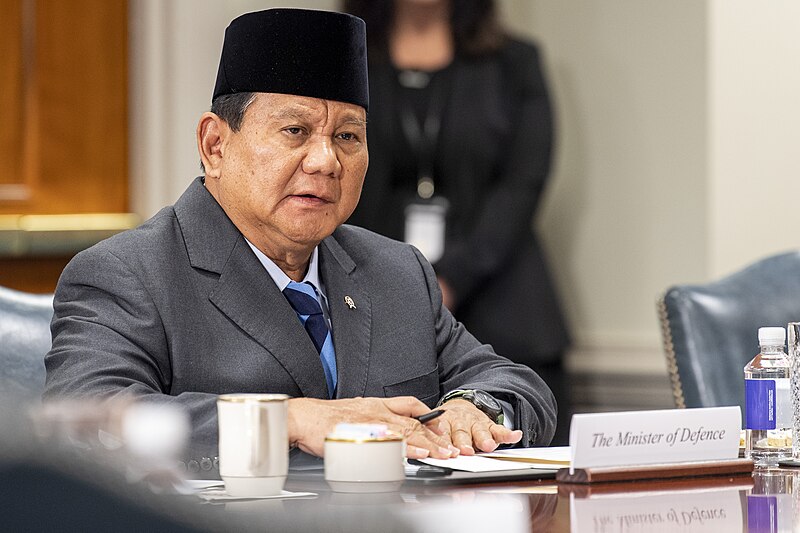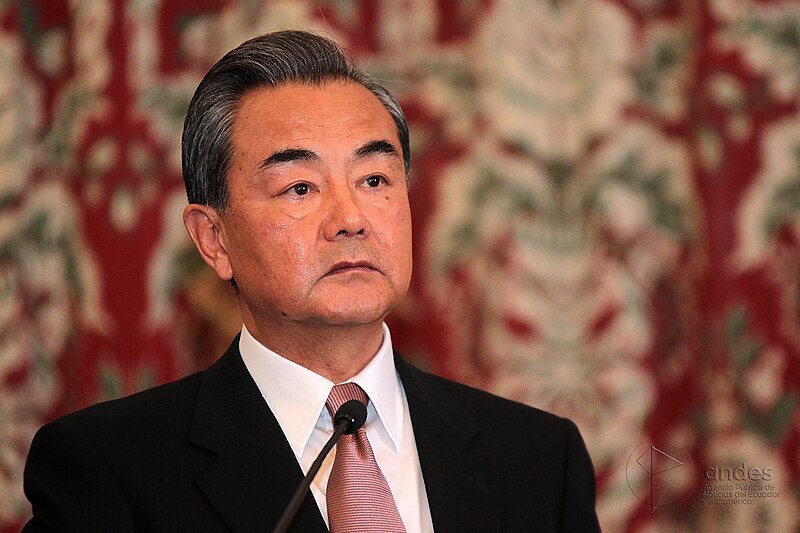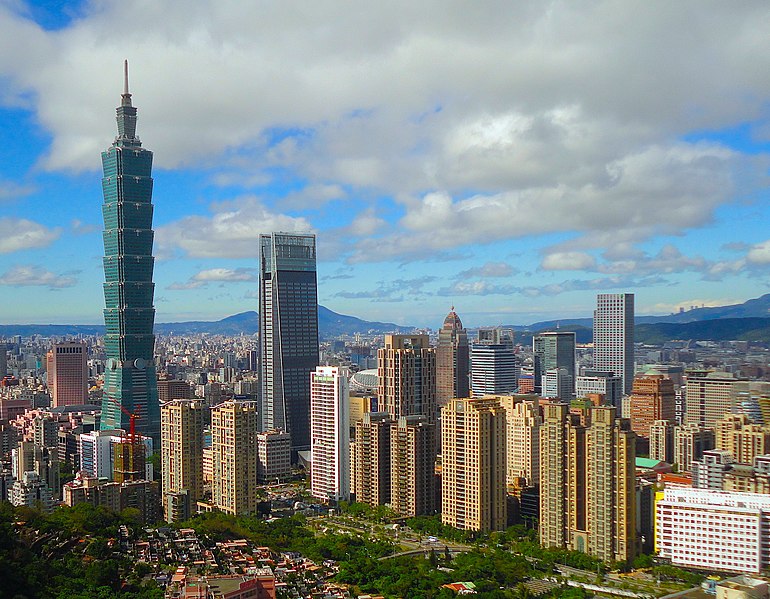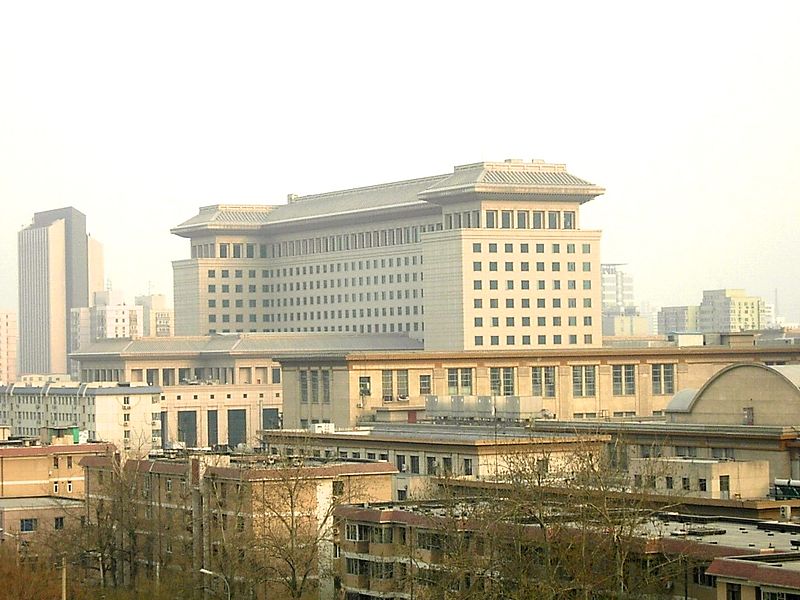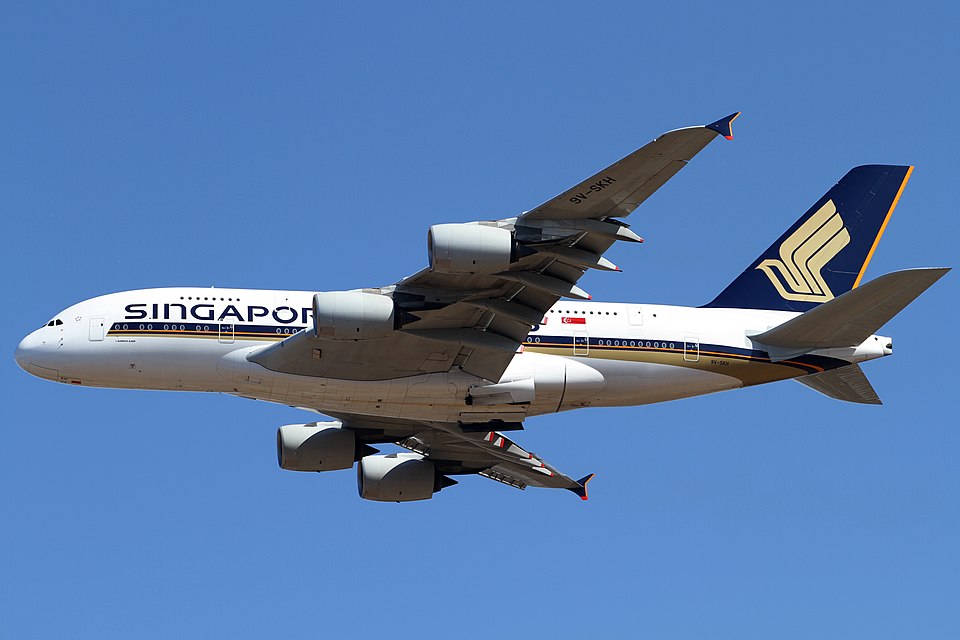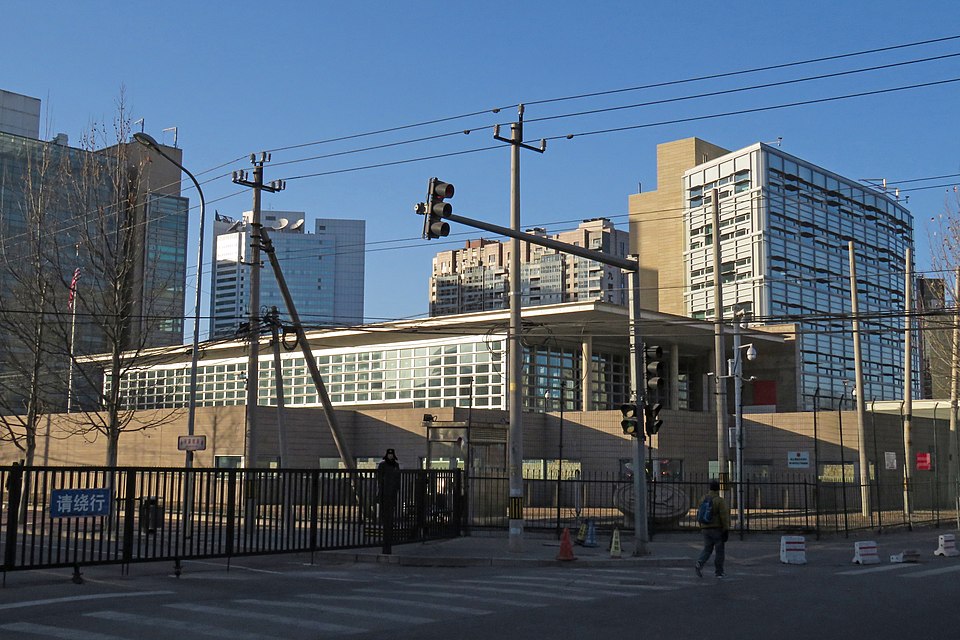
China's economic challenges have ignited a debate among government experts over the best course of action, with some advocating for fundamental reforms while others
call for increased government spending to boost economic growth. This division among advisors, who hold influence over policy but lack direct control, comes as global markets watch for signals on how China plans to address its economic slowdown.
Recent piecemeal measures from Beijing have raised questions about the tough choices facing China's new economic leadership. Some advisors argue for rapid stimulus, leveraging the central government's low debt to finance infrastructure projects and spur economic activity. On the other hand, pro-reform experts contend that the traditional stimulus approach, which has fueled growth for decades, has reached its limits, and the economy requires more profound structural changes.
Both factions agree that these recommendations should take precedence ahead of the annual Central Economic Work Conference, a key meeting of senior officials scheduled for December.
Some, like influential government economist Yu Yongding, advocate for stronger stimulus policies, including issuing more government bonds to finance infrastructure investments, healthcare facilities, and elderly care homes. They argue that China should not shy away from increasing its budget deficit-to-GDP ratio and government bonds-to-GDP ratio.
However, China's central bank faces constraints in easing monetary policy due to concerns about capital flight and yuan depreciation. This constraint makes fiscal stimulus an appealing option for some advisors who believe there is room for increased government spending given the central government's sound fiscal position.
The central government's debt as a percentage of GDP is relatively low at 21%, compared to 76% for local governments, including their hidden debts. China aims for a budget deficit of 3.0% of GDP for 2023, with local governments rushing to issue special bonds to fund infrastructure projects.
On the other hand, the pro-reform camp advocates for faster structural reforms, including relaxing residence permit systems to boost consumption and removing market entry barriers for private firms at the expense of state-owned enterprises. They also call for revitalizing stalled market reforms amid signs of increased state control in the economy.
Despite the debate, analysts believe that Chinese leaders can strike a balance between stimulus and reforms. Short-term stimulus measures can spur growth but may worsen structural distortions, while structural reforms may lead to short-term challenges but offer higher-quality, sustainable growth in the long run.
China's economic outlook remains clouded by a property downturn, aging demographics, high debt levels, and geopolitical tensions. The Asian Development Bank recently lowered its growth forecast for China, emphasizing the need for structural changes to sustainably revive confidence in the economy, especially among private sector firms.
As the debate continues, China faces the challenge of navigating a path that addresses immediate economic concerns while also laying the groundwork for long-term growth and stability. Photo by Rodrigo.Argenton, Wikimedia commons.
